What is Conservatism?

Conservatism is the ideology of governmental, cultural, and economic order, tradition, hierarchy, and authority that generally comes in classical, social, and economic forms.
This section contains references and supplemental content related to FactMyth.com such as how to’s, infographics, and other explainers. If its not a fact or myth specifically, it is in this catch-all section.

Conservatism is the ideology of governmental, cultural, and economic order, tradition, hierarchy, and authority that generally comes in classical, social, and economic forms.
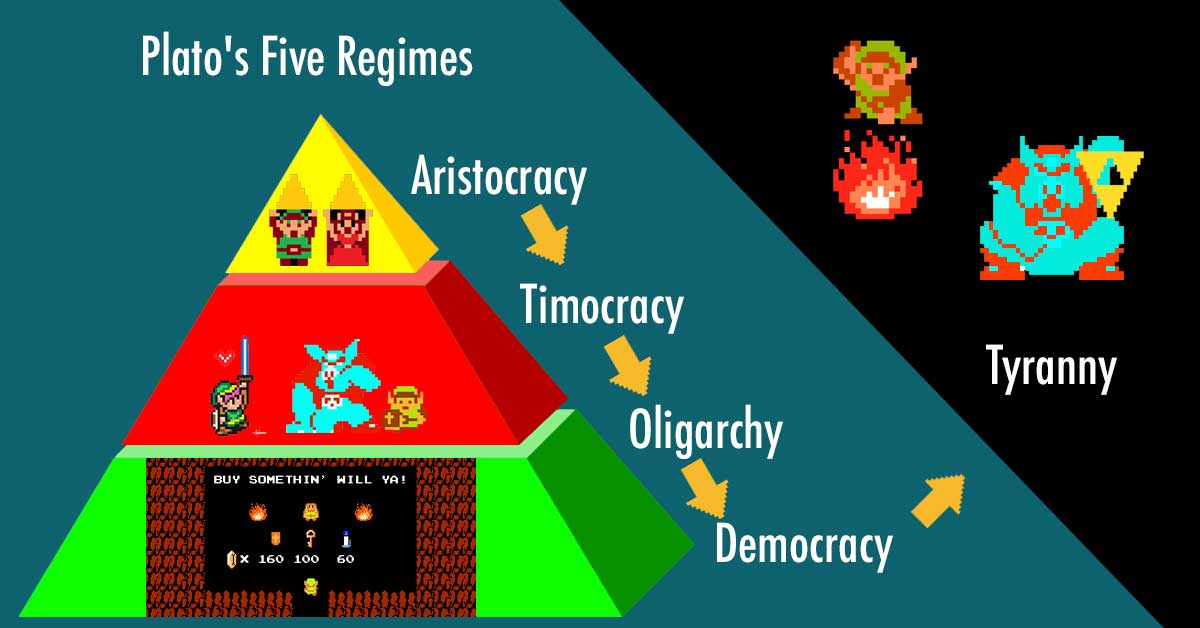
Plato discusses five regimes (five forms of government) in his Republic, Book VIII. They are Aristocracy, Timocracy, Oligarchy, Democracy, and Tyranny.

We look at the effect of the black voter and black suffrage on the balance of political power in the two-party system.
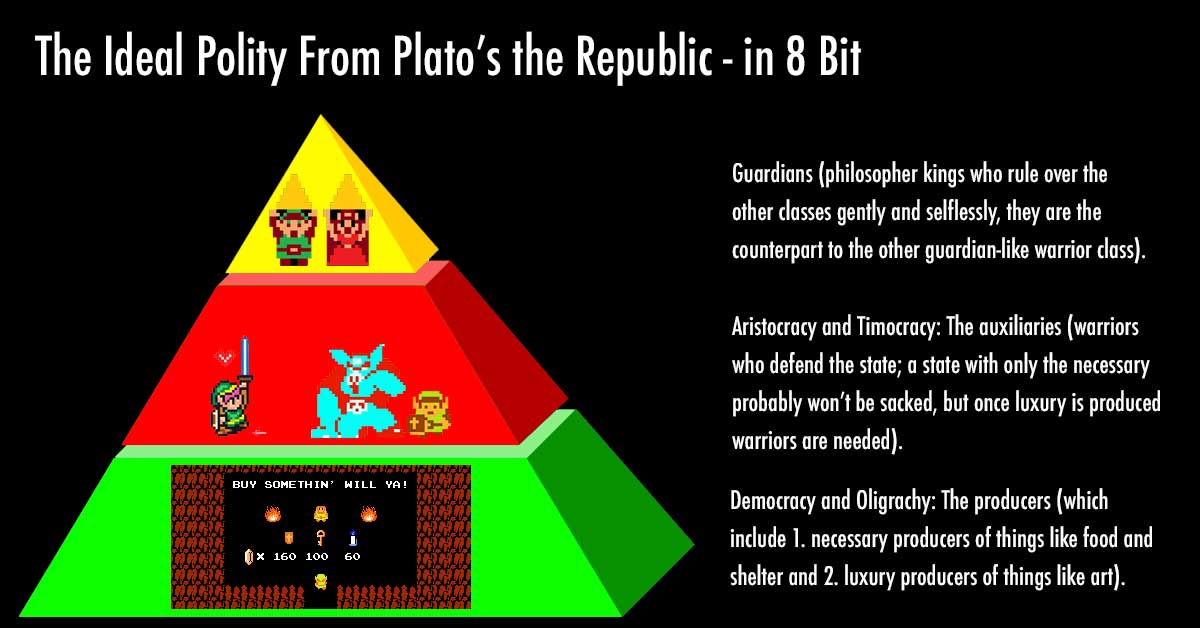
Classically speaking, the term Polity means “a state” (a group of people under a single social contract), but it also implies an “ideal state” (a Kallipolis).

The concept of political correctness can be understood as an excess or deficiency of a few key virtues. Here is a model of “the virtues of political correctness” based on Aristotle’s virtue theory of means.
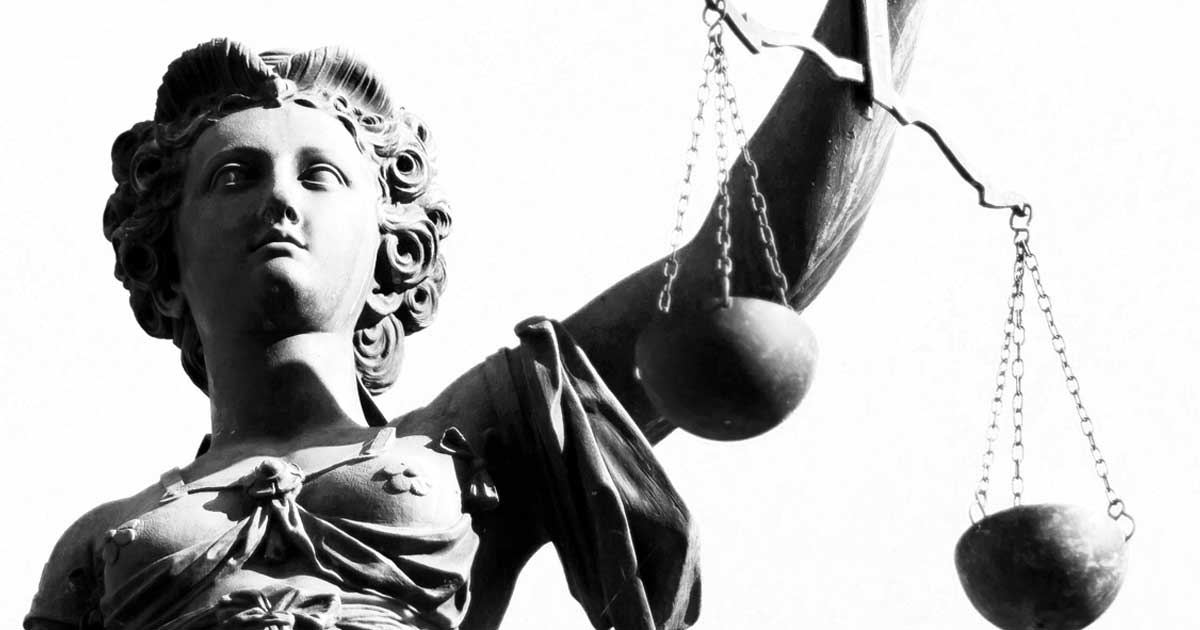
Plato’s Republic, utilitarianism, the philosophies of morality, ethics, politics, virtue, and law are all centered around one question “what is justice?” (AKA “what is fairness?”).
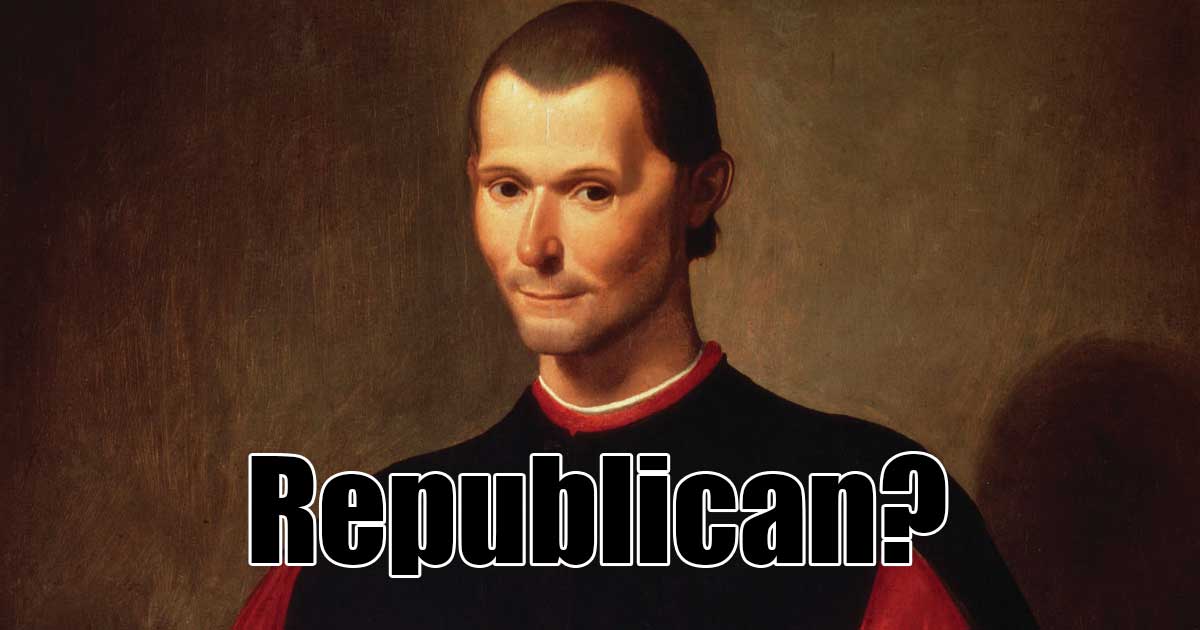
We discuss Republics in general including the philosophy of republics, classical and modern republicanism, and real Republics in-action.
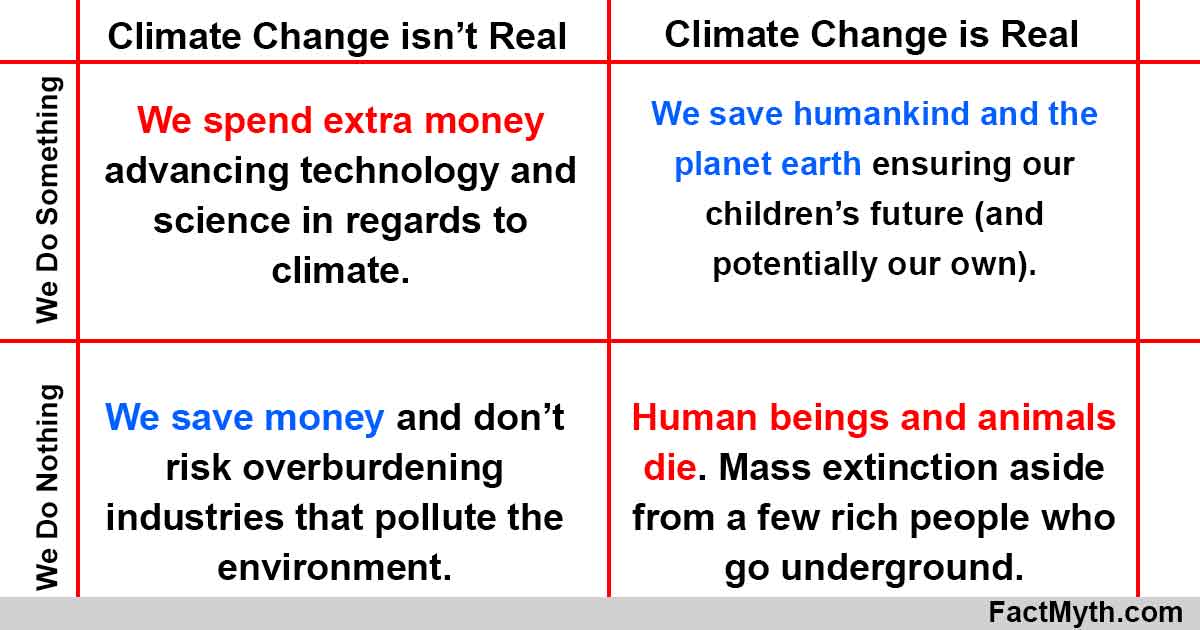
To understand the climate change debate, it is important to clarify some confusion regarding climate change denial and skepticism.

In his Republic, Plato examines how Democracy can lead to Tyranny in a republic. We explain Plato’s theory as it pertains to democracy and tyranny.
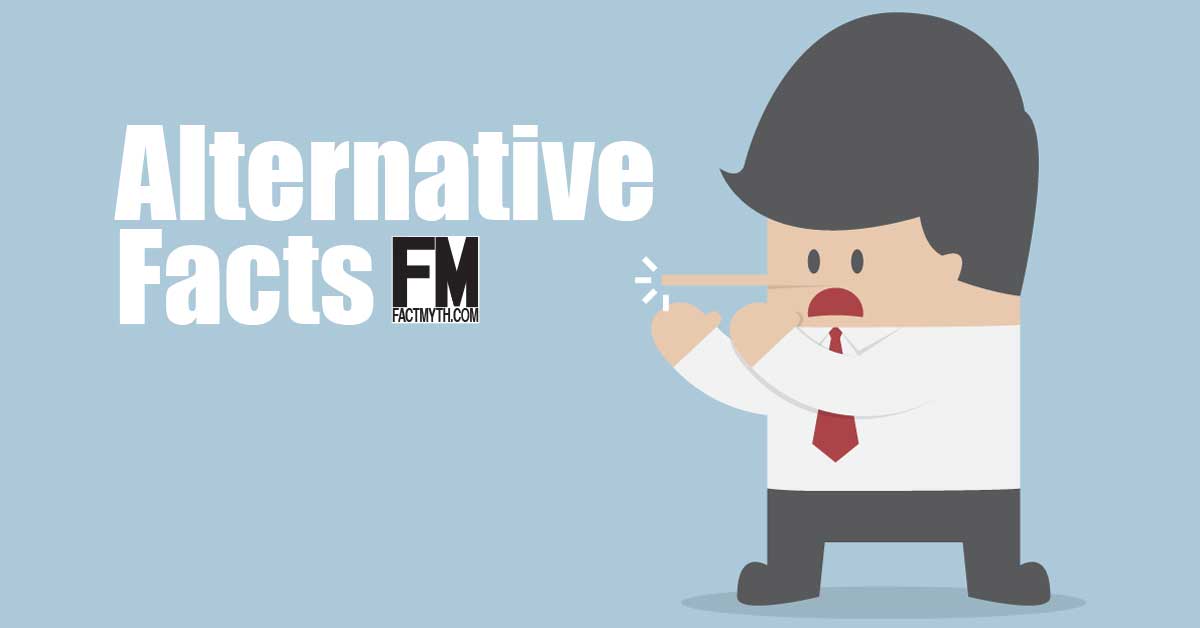
Alternative facts describe inconsistent sets of information submitted as plausible evidence for competing sides of a case/debate/argument.